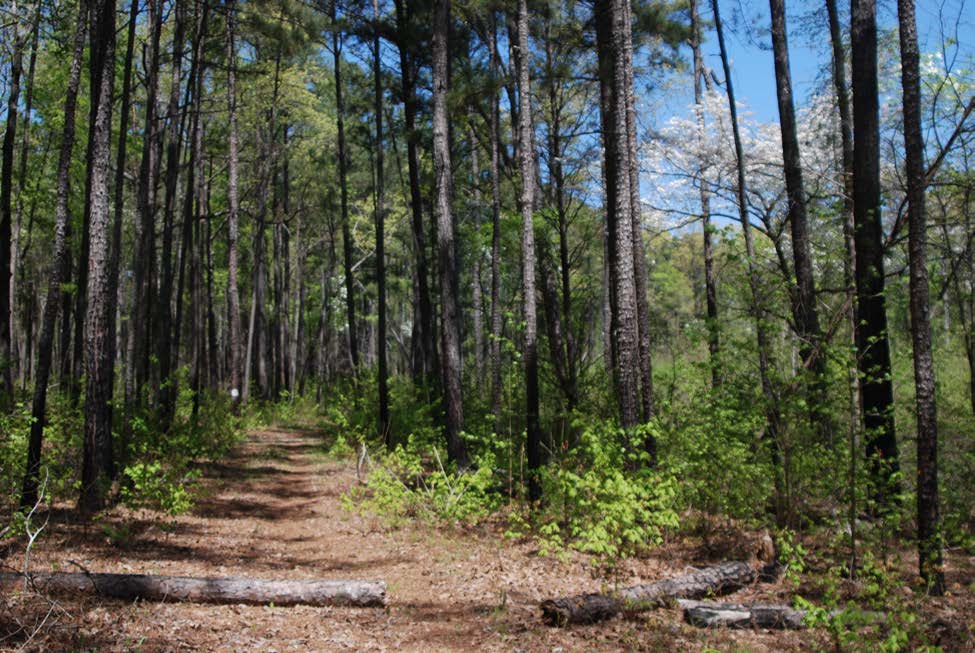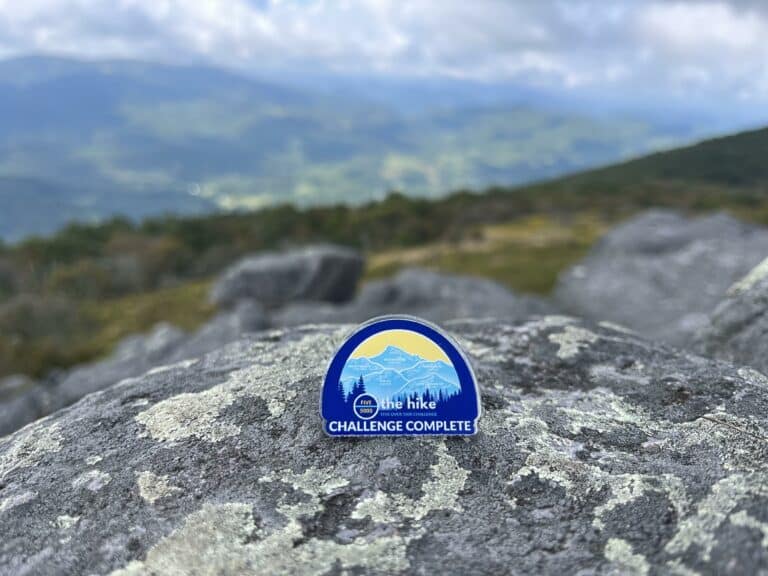Family that left 80-year-old hiker alone on trail may face charges
After rescuing an 80-year-old man off of Mount Washington, New Hampshire Fish and Game officials announced they might press charges against the family members who left him behind. James Clark, 80, was attempting to summit Mount Washington with two other family members last week. The two soon hiked ahead and, after reaching the summit, took a different trail back down, leaving the weaker hiker alone on the trail. When they reached the Visitor Center that evening they called for help, stating that Clark was overdue and unprepared.
Rescuers found Clark just after 1 a.m. that evening. In a statement, they described him as “in a fetal position, not moving and exhibiting what appeared to be signs of hypothermia to the point of not being able to speak any clear or discernable words.” Clark was transported to the hospital and is expected to recover. Officials say that, at the very least, Clark’s family will be billed for the rescue. They are also looking into whether the family can be charged for their negligent hiking practices.
Arctic sea ice levels are the lowest on record for early June
The lowest ever sea ice levels for this time of year were recorded on June 10. Scientists have been tracking levels by satellite for four decades and report that there are just 10.919 million square kilometers of ice remaining, a number that has fallen by half since 1979.
The melting sea ice may be responsible for a cascade of other problems. As the ice melts, the heat differential between the arctic and more temperate climates lessens, impacting the jet stream. This ultimately brings areas of flooding to parts of the world and long periods of drought to others. 2012 holds the record for the lowest annual ice extent record but scientists warn that, though arctic weather variations are too hard to predict, 2019 is on track to beat that record.
TVA will clean up an additional 12 million tons of coal ash
A lawsuit filed by the State of Tennessee’s Department of Environment and Conservation and two conservation groups has reached a settlement. Under the settlement, the Tennessee Valley Authority (TVA) has agreed to clean up an additional 12 million tons of coal ash at the Gallatin Fossil Plant, located downriver from Nashville. TVA was sued for ongoing violations of the Clean Water Act when old, unlined coal ash pits leaked, polluting groundwater, the Cumberland River and Old Hickory Lake. TVA will remove the majority of the coal ash and recycle it or place it in a permitted landfill. A smaller storage facility at the Gallatin plant that holds 2 million tons of coal ash is also impacted. TVA has five years to develop a plan and demonstrate that it can correct the groundwater pollution caused by that facility.








